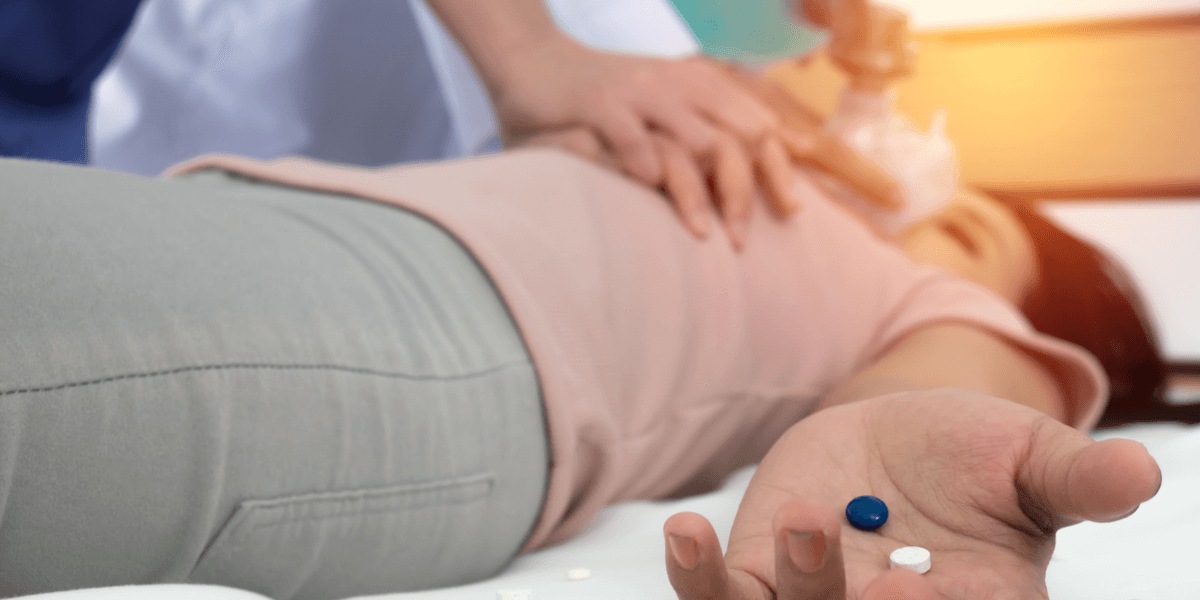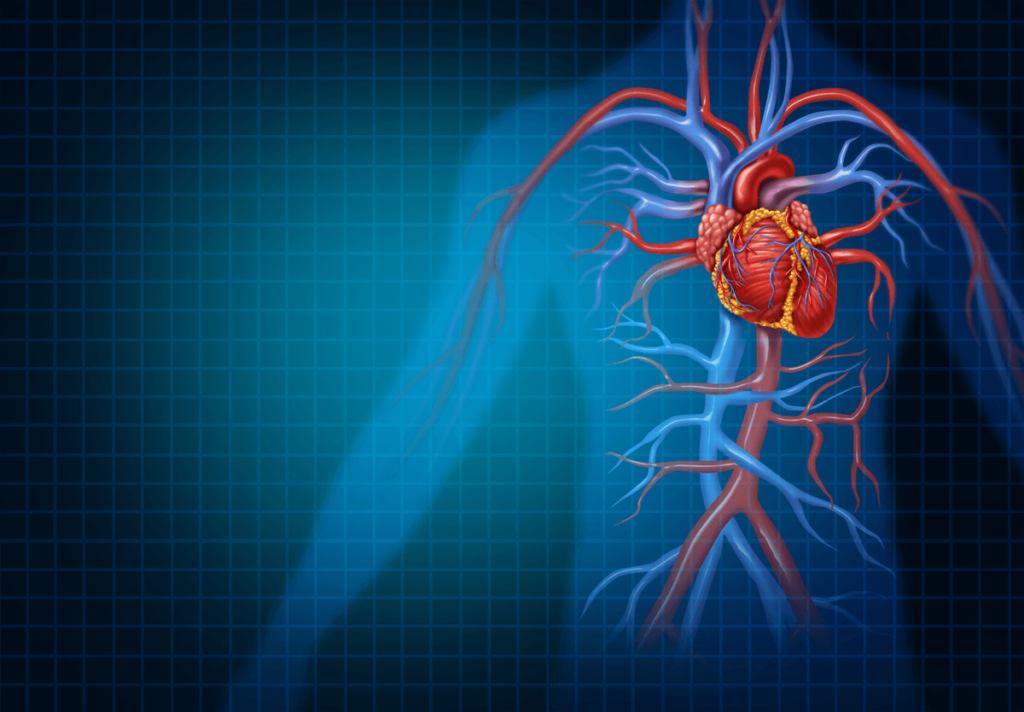How Opioid Overdose Affects Your Body
As Opioid addiction continues to rise, there has subsequently been a rise in opioid overdoses and fatalities. Opioids are a powerful class of medications such as fentanyl, heroin, and other pain-relieving drugs, and are known for being highly addictive. Opioid overdoses occur when the person consumes either too much of the drug or a combination of opioids and other substances. Opioids change the way opioid receptors in the brain respond to signals they receive, so the entire body is affected when consuming more than prescribed. Overdoses wreak havoc on the body and can often be fatal if not treated quickly. Opioid overdoses affect the body by:
- Blood–Veins can collapse, causing the normal flow of blood to decrease leading to circulation issues.
- Brain–Oxygen is deprived from the brain which can lead to brain damage within four minutes. The decreased flow of oxygen may cause the skin around the mouth or fingers to turn blue. Seizures can also occur, leading to additional brain damage.
- Heart–Opioids change the way receptors in our brain respond to signals which can decrease or in some cases, stop the heart. This can cause lethal heart arrhythmias or cardiac arrest.
- Lungs–Respiratory depression is a common occurrence because of the decreased flow of oxygen throughout the body. Overdoses may also cause fluid to fill up in the lungs, known as pulmonary edema.
Knowing the Signs of Overdose
It is imperative for everyone to know the signs of an opioid overdose so you can remain vigilant, and act swiftly if you suspect someone needs medical attention. Here are some key signs to look out for:
- Very slow, or no pulse
- Blueish skin around mouth, lips, or fingernails
- Limp body
- Vomiting
- Difficulty breathing or very slow, shallow breaths
- Gray or ash-like colored skin in dark complected people
- Purple or blueish colored skin in light complected people
- Inability to talk while awake
- Unresponsive
- Unconsciousness
- Choking sounds
What to Do in Case of Opioid Overdose
After assessing the person for these signs, the next thing you need to do is call 911. If able, remain with the person until help has arrived and make sure the scene is clear from any obstacles that may inhibit first responders from getting to them. Lay the person on their side in case they start to vomit so they do not aspirate, or choke on their vomit. Ensure that their airway is not obstructed. If you have access to Narcan, or also known as Naloxone, administer within two to three minutes for best results. This life saving drug works by blocking the effects of the opioid and allows for breathing to be restored.
Opioid Addiction Treatment at The Source
The Source Treatment Center in Ft. Lauderdale is home to cutting edge addiction and mental health treatment. They believe in treating the root cause of addiction, and not simply the addiction itself. Addressing the cause of addiction allows for greater success in recovery and allows each person to heal from trauma they have experienced in their lifetime. Upon admission, clients will receive a medical and psychological exam to help in the development of their treatment plan. This exam includes blood work, medication history, and a nutritional assessment. Treatment at The Source includes a variety of different therapies as well. Therapies may include EMDR, family therapy, equine, art, music, and massage to name a few. If you or a loved one are struggling with opioid addiction, don’t wait to get treatment, call our compassionate and knowledgeable staff at (800) 204-0418 or visit us online at www.thesourcetreatmentcenter.com


 The Source quite frankly saved my life and got me back on track, never giving giving up on me. When you are thinking about and looking through all of the different places to go for treatment this is the one that should stand out from the rest.
The Source quite frankly saved my life and got me back on track, never giving giving up on me. When you are thinking about and looking through all of the different places to go for treatment this is the one that should stand out from the rest.




























